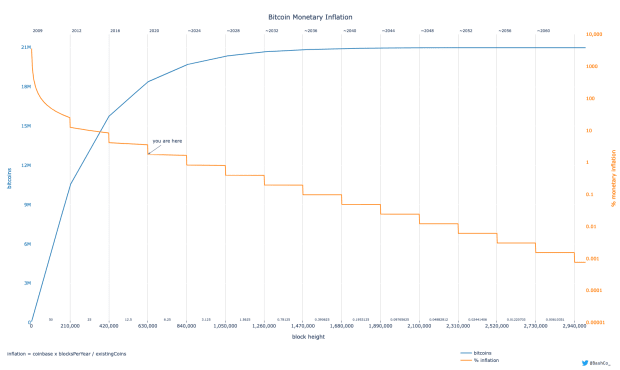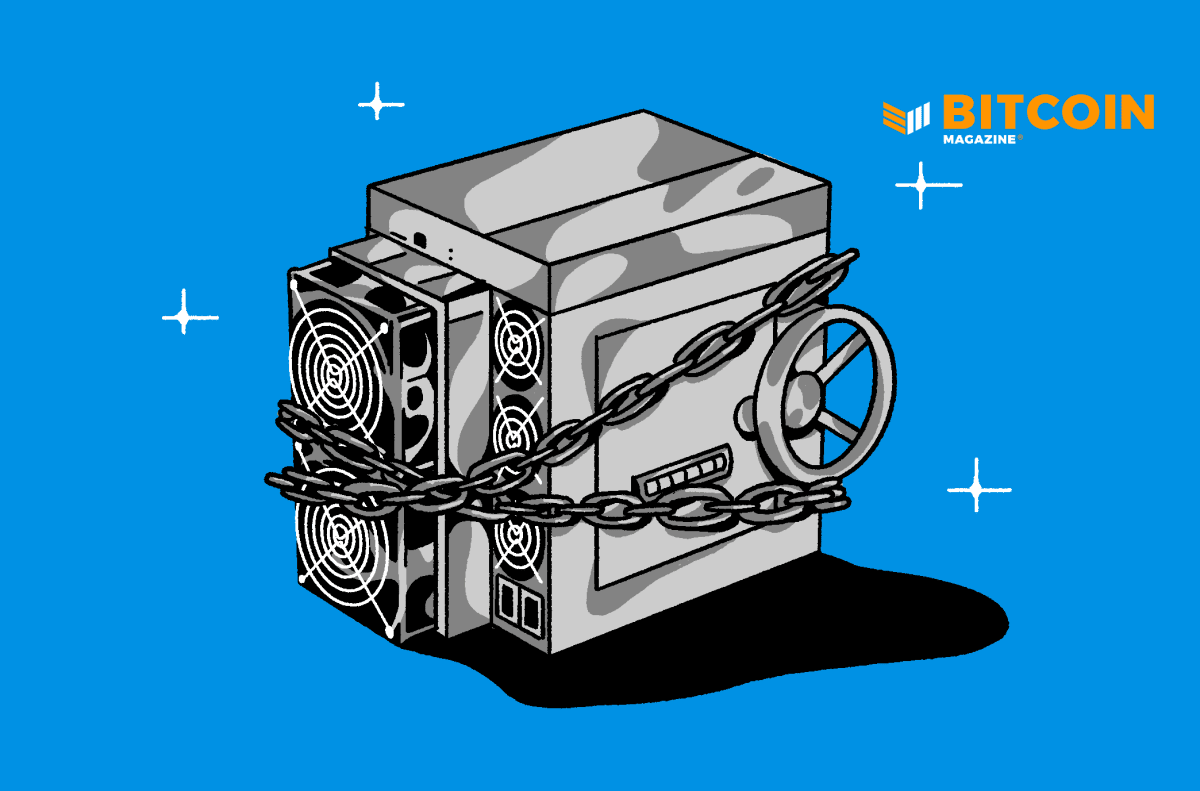The world’s first dual-funded Lightning channel has been opened, bringing more features to the network while reducing fees.
The world’s first dual-funded mainnet Lightning Network channel was opened last week in block 681,753 on the Bitcoin mainnet. Blockstream used its c-lightning implementation of the Lightning Network protocol to open the channel and announced it via a blog post.
A dual-funded Lightning channel allows both participant nodes to contribute to the channel’s opening transaction. It is unique because, up to this point, only the Lightning node that initiated the channel opening was able to add funds to the funding transaction.
The ability to open dual-funded channels is an improvement to the Lightning Network because it adds features and reduces costs. For instance, with the new channel type, payments can be sent in both directions immediately, preventing the creation of unbalanced channels — a situation where the entire channel’s balance belongs to the channel-opening node.
Dual-funded channels also reduce the cost of adding liquidity to Lightning channels. As demonstrated in a recent talk at the University of California, Berkeley by Clara Shikhelman of Chaincode Labs, opening a dual-funded channel requires fewer on-chain Bitcoin fees. As a result, deploying capital into the Lightning Network gets cheaper and more efficient, which might increase liquidity on the network.
This improvement upon the standard single-funded Lightning channels is currently considered a “draft.” It will be regarded as a standard only after it gets implemented by another implementation of the Lightning Network protocol.









